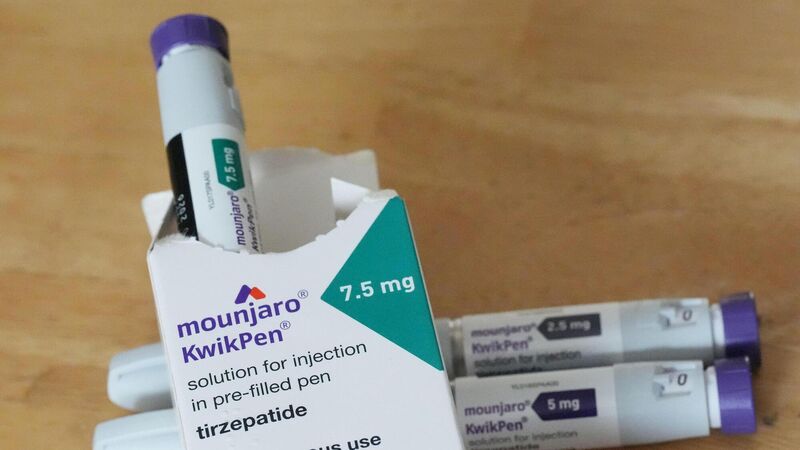People who stop using Mounjaro regain weight and reverse other health benefits, study shows

Experts found greater weight regain after withdrawal of Mounjaro was associated with greater reversal of improvements not only in weight, but also in measures including waist circumference, levels of 'bad' cholesterol, blood pressure, and blood glucose levels. Picture: Niall Carson/PA Wire
People who stop using the weight-loss jab Mounjaro not only tend to regain weight but also experience a reversal of other health improvements, research suggests.
Mounjaro, which contains the active ingredient tirzepatide, has become a popular weight-loss medication, with studies suggesting it can help people lose an average of 20% of their body weight after 72 weeks of treatment.










